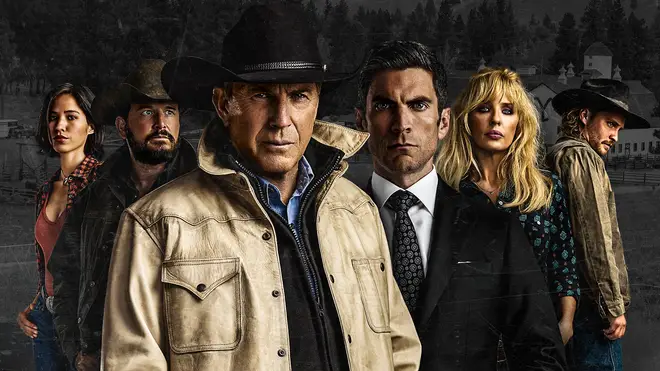
The Unwritten Chapters: When the Script Vanishes in the Final Act
The entertainment industry is a grand illusion, a meticulously choreographed dance of talent, technology, and unimaginable sums of money. Yet, sometimes, the curtain is pulled back, revealing not the magic, but the raw, chaotic mechanics behind it. Kevin Costner’s blunt assessment – "There were no scripts" – in explanation for the production delays plaguing the final season of Yellowstone, isn't just a celebrity's complaint. It’s a chilling indictment, an illustrative peek into the precarious tightrope walk of high-stakes television, and a profound metaphor for any grand endeavor that loses its foundational blueprint.
Imagine an architect standing on a building site, surrounded by cranes, steel girders, and a crew of hundreds, yet holding only blank sheets where blueprints should be. Or a conductor poised before a world-class orchestra, baton raised, but with no score on the stand. This is the image Costner’s words conjure. A script, for a production like Yellowstone, is more than just dialogue; it is the skeletal structure, the very DNA of the project. It dictates character arcs, plot trajectories, logistical requirements, and the emotional core of the narrative. Without it, the entire edifice, no matter how grandly conceived, becomes a house of cards.
For an actor of Costner’s caliber, a seasoned director and producer himself, the absence of scripts isn't merely an inconvenience; it’s a professional affront and a creative vacuum. His craft is built upon understanding his character's journey, the stakes, and the larger story tapestry. To be on set, or worse, waiting to be on set, with only vague promises and unwritten pages, is to be denied the very tools of his trade. It forces improvisation where precision is needed, fosters uncertainty where clarity is paramount, and saps the energy from even the most dedicated professional. The production delays, then, are not just about scheduling conflicts; they are the inevitable grinding halt of a machine that has run out of fuel – or, more accurately, its instruction manual.
Beyond the immediate logistical nightmare, the "no scripts" revelation speaks to a deeper malaise within the content-hungry landscape of modern television. The pressure to churn out high-quality, high-demand programming at an ever-accelerating pace can lead to creators becoming overstretched, ideas outrunning execution, and commercial imperatives trumping artistic integrity. A show as wildly popular and culturally significant as Yellowstone carries immense expectations, particularly for its final season. The concluding chapters are meant to tie up loose ends, deliver catharsis, and cement the show’s legacy. To approach this critical juncture without a solid, agreed-upon narrative foundation is akin to a marathon runner hitting the final mile with no clear path to the finish line. The risk of stumbling, or worse, collapsing, looms large.
Costner’s frustration, delivered with characteristic bluntness, serves as an illustrative warning. It highlights the critical importance of planning, communication, and respect for the process in any collaborative venture. Whether it's building a skyscraper, launching a space mission, or crafting a multi-million-dollar television series, the blueprint is non-negotiable. It is the shared vision, the agreed-upon path, the common language that binds disparate talents and disciplines into a cohesive whole.
The missing scripts for Yellowstone are more than just missing pages; they represent missing pieces of a puzzle that the audience, the cast, and the crew are all desperately waiting to see completed. They symbolize the potential for chaos when ambition outstrips preparation, and the fragility of even the most successful enterprises when their foundation is allowed to crumble. As the final episodes eventually air, viewers will undoubtedly scrutinize every scene, every line, wondering if the delays and the reported lack of a guiding script left an indelible mark on the Dutton family's last, unwritten chapter. It's a stark reminder that even in the dazzling world of make-believe, solid groundwork is the most essential reality of all.
